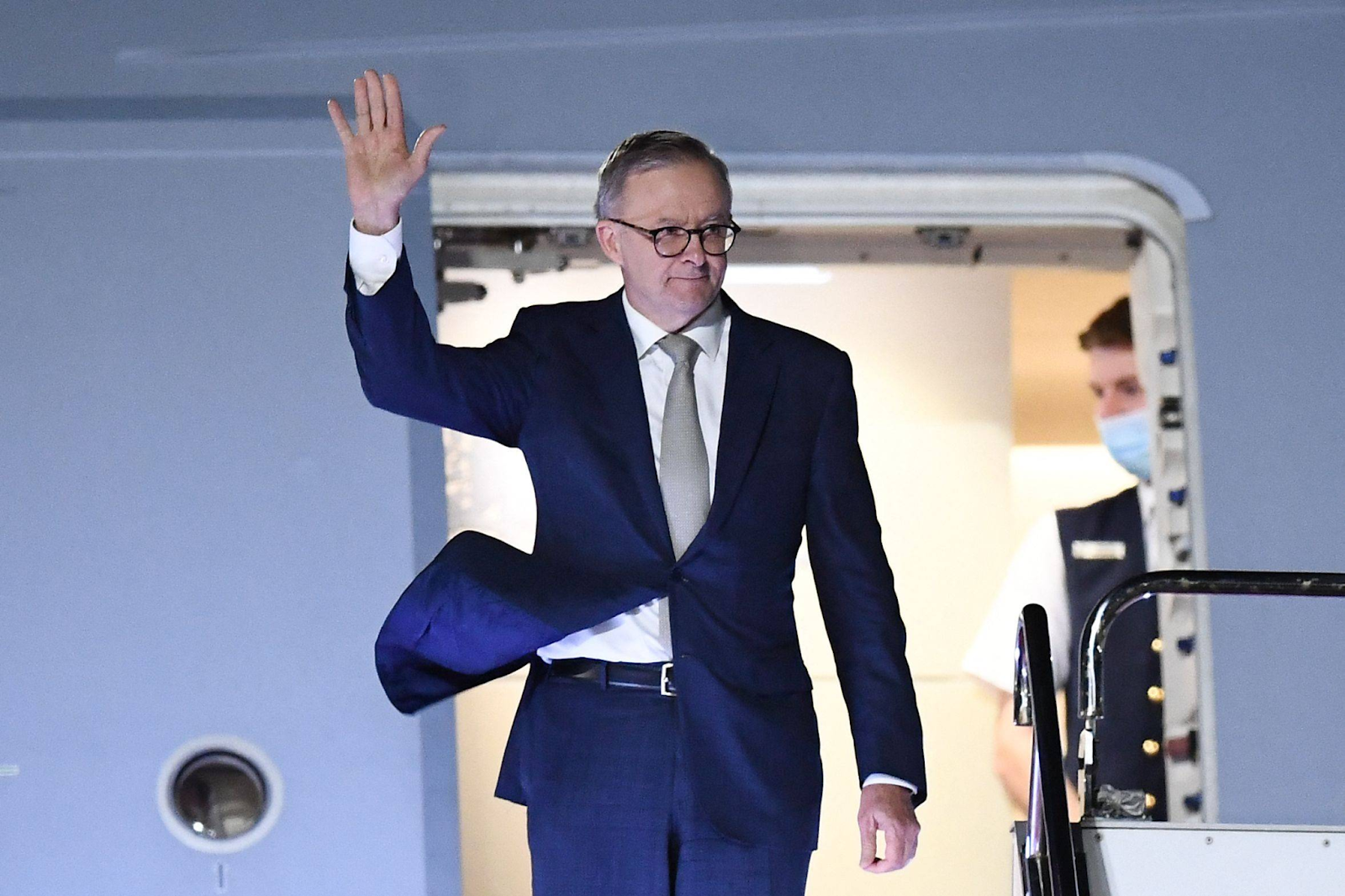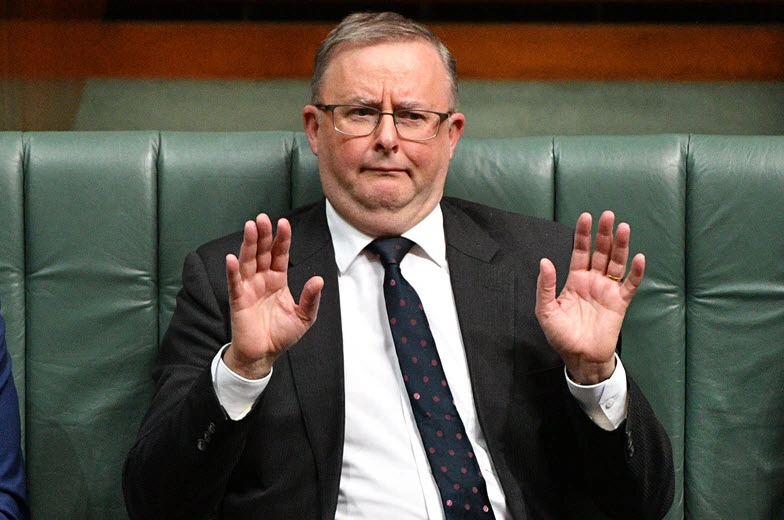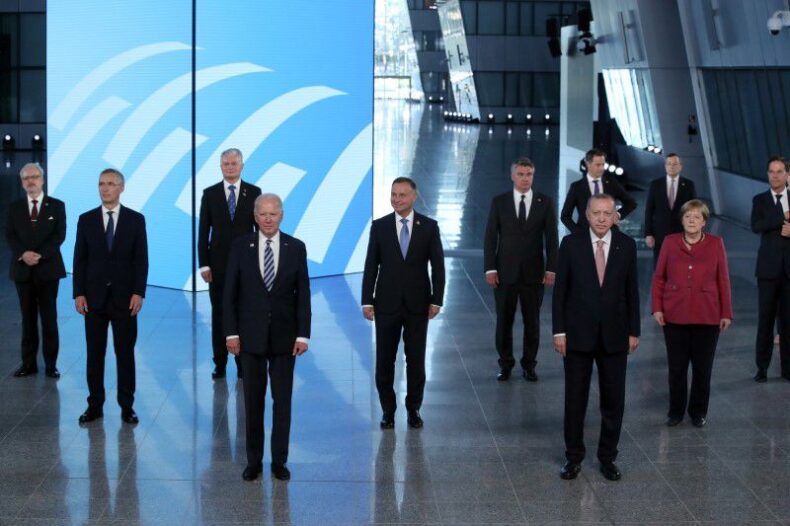The escalating security situation in Ukraine and Russia’s ongoing war have prompted concerns from NATO, with efforts underway to coordinate a response from the West. However, reports indicate that Prime Minister Anthony Albanese will not be attending this year’s NATO summit. This comes after Foreign Minister Penny Wong sent a junior bureaucrat to last week’s foreign ministers’ meeting in Brussels, despite the presence of her Asia-Pacific counterparts. The decision has raised questions about Australia’s commitment to NATO and its efforts to address conflicts and aggression in the region. Meanwhile, NATO Secretary General Jens Stoltenberg has invited leaders from the AP4 nations, including Australia, to attend the annual meeting for the second time.

Image source : The Japan time
Table of Contents
Why has Albanese been invited?
Despite not being a NATO member, Australia has a strong partnership with the organization and holds a permanent observer status as one of NATO’s global partners. During the long mission in Afghanistan, Australia played a crucial role in helping NATO meet its objectives, with former Prime Ministers Kevin Rudd and Julia Gillard attending NATO summits during this time.
Australia’s significance to NATO has recently increased due to two factors. Firstly, NATO recognizes Australia’s contribution in supporting Ukraine against Russia’s invasion, such as the supply of Bushmaster armored vehicles and joint efforts with France to produce ammunition. Secondly, NATO has shown greater focus on Indo-Pacific security issues, as reflected in the 2022 NATO Strategic Concept which mentioned the threat from China for the first time. As a key partner in Indo-Pacific security, Australia’s attendance at the NATO summit in 2022 is seen as a significant step towards further cooperation in this region.
Susan Harris Rimmer, a professor at Griffith University, views NATO’s invitation for Australia to attend the summit as a positive indication of NATO’s intent to focus on China and Indo-Pacific security. NATO Secretary-General Jens Stoltenberg also speaks highly of NATO’s partnership with Indo-Pacific countries, including Australia

Image source : Crikey
Why Prime Minister Albanese will not attend this year’s NATO summit
Prime Minister Anthony Albanese will not attend this year’s NATO summit due to the deteriorating security situation surrounding Russia’s war on Ukraine. Foreign Minister Penny Wong had also sent a junior bureaucrat to last week’s foreign ministers’ meeting in Brussels, despite her Asia-Pacific counterparts attending to help coordinate the West’s responses to the war in Ukraine and China’s increasing aggression. While the AP4 foreign ministers were invited to the meeting, Australia was alone in not attending at the ministerial level.
The top of NATO’s agenda this year is the war in Ukraine, and the opposition’s foreign affairs spokesman has called for Albanese to attend NATO to demonstrate Australia’s commitment to the rules-based order, its democratic partners, and the defense of Ukraine. However, the article notes that the prime minister has a busy travel schedule over the next few months, including attending the coronation of King Charles III in London in May.
In conclusion, while Australia has been invited to attend the annual NATO summit for the second time as a key partner in Indo-Pacific security, Prime Minister Anthony Albanese will not be attending this year’s summit due to the deteriorating security situation surrounding Russia’s war on Ukraine. This decision has raised questions about Australia’s commitment to NATO and its efforts to address conflicts and aggression in the region. However, NATO recognizes Australia’s contribution in supporting Ukraine against Russia’s invasion, and its invitation to attend the summit is seen as a positive indication of NATO’s intent to focus on China and Indo-Pacific security.













